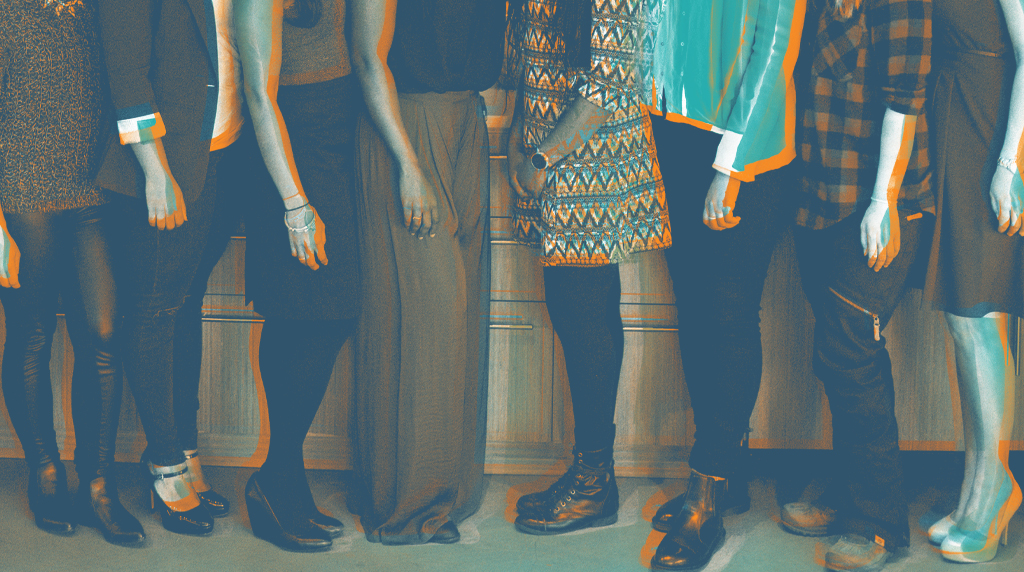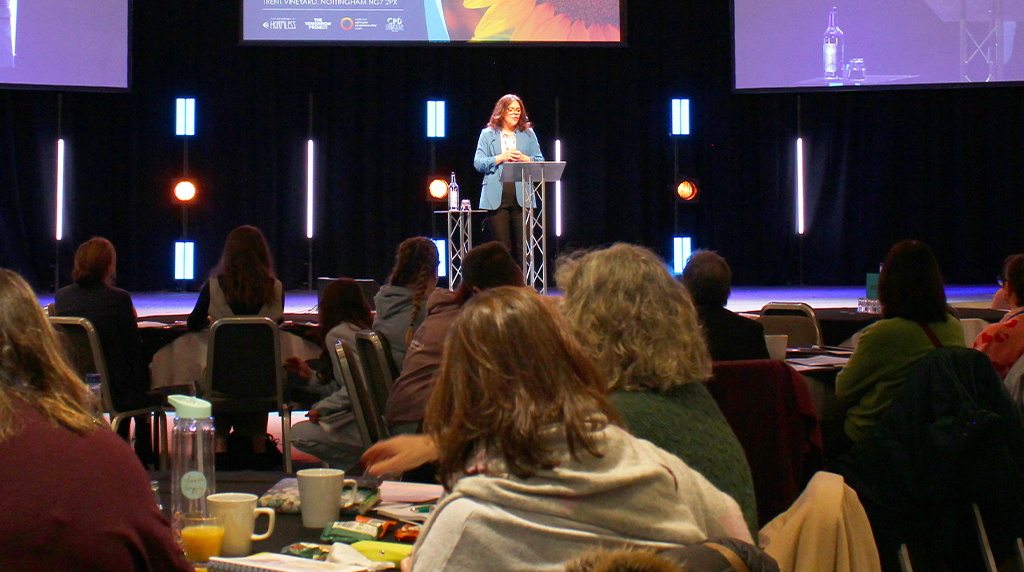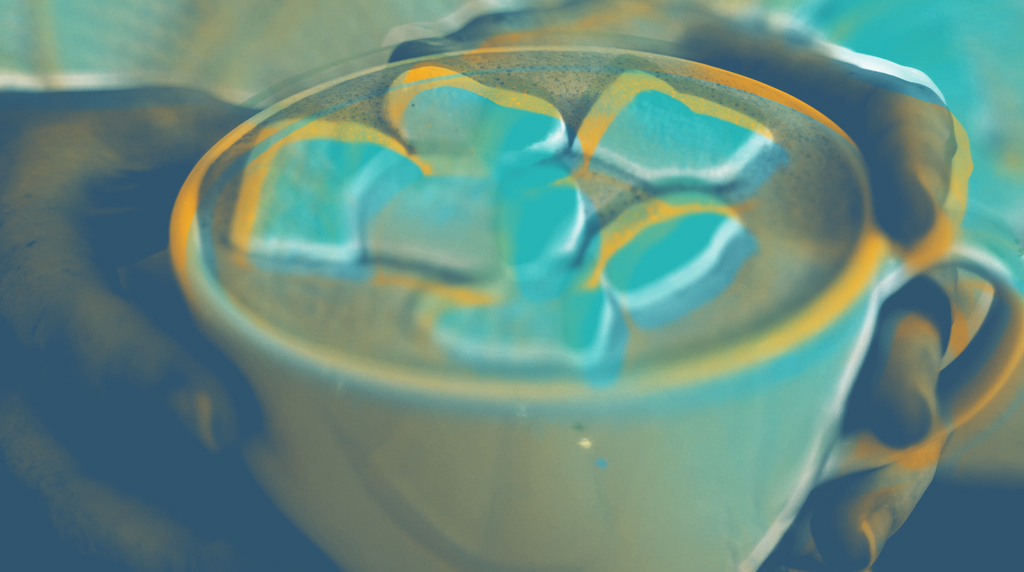By Erin Kershaw (Clinical Support Worker)
Periods are a natural and unavoidable part of life for roughly half the population. Yet, for millions in the UK, the monthly reality is tainted by an often-invisible struggle: period poverty. This isn’t just about lacking access to sanitary products; it’s a multi-faceted issue with far-reaching consequences for health, education, and dignity.
What is Period Poverty?
Period poverty refers to the inability to afford or access menstrual products, basic sanitation facilities, and education about menstrual health. It’s a global issue, and surprisingly, it’s prevalent even in developed nations like the UK. Recent data indicates that as many as one in five people who menstruate in the UK are struggling to afford period products, a staggering 75% increase from 2022, exacerbated by the ongoing cost of living crisis.
The Stark Reality in the UK
The rising cost of living is forcing impossible choices upon households across the country. For many, essentials like food, heating, and rent take precedence, pushing period products down the list of priorities. A recent poll found that 60% of those unable to afford period products had to prioritise food, and 48% prioritised gas and electricity bills over their menstrual needs.
This leads to concerning coping mechanisms:
• Prolonged use of products
Almost half of those affected have used period products for longer than recommended, increasing the risk of infections like UTIs and bacterial vaginosis.
• Makeshift alternatives
37% have resorted to using tissues or cotton wool, and 13% have used socks or other clothing instead of proper products. Some have even used newspapers.
Beyond the Products: The Ripple Effect
The impact of period poverty extends far beyond physical discomfort and health risks. It severely affects an individual’s ability to participate fully in society:
- Education: A shocking number of students miss school or university due to their periods. Research indicates that 13% of students have missed school or university/college, and 14% have avoided or missed work due to period poverty. This can lead to missed learning opportunities and poorer academic outcomes.
- Work and Social Life: Missing work means a loss of income, perpetuating the cycle of poverty. Furthermore, 25% of those who menstruate report missing social activities due to their periods, leading to feelings of isolation and shame.
- Mental Health: The embarrassment, anxiety, and stress associated with not being able to manage periods with dignity can have a significant toll on mental well-being. A survey found that 22% of young people (18-24) feel embarrassed during their period, a significant rise from previous years.
What’s Being Done?
The good news is that awareness and action around period poverty in the UK are growing:
• Government Initiatives
Scotland has led the way with historic legislation making period products freely available in schools, colleges, universities, and other public buildings. While England’s Department for Education offers a voluntary scheme for free products in schools, there’s a strong call for similar, mandated legislation. Wales also has a ‘Period Proud Wales Action Plan’ focused on educational and community settings.
• Charities and Organisations
Numerous dedicated organisations are working tirelessly to combat period poverty.
- Bloody Good Period provides products and education, particularly supporting asylum seekers, refugees, and those who cannot afford products. They recently partnered with Aldi to facilitate free product access in stores and donate products.
- The Red Box Project is a community-based initiative providing free menstrual products in schools.
- Hey Girls, is a social enterprise that uses profits to provide free products to those in need.
- ActionAid UK works globally, including in the UK, to end period poverty through product distribution, education, and advocacy.
- Period Poverty UK (Gift Wellness Foundation) aims to eliminate period poverty by 2025 through initiatives like their ‘Period Angels’ app, connecting those in need with free products via GP practices and community donors.
- Plan International UK actively campaigns to end period poverty and stigma, highlighting the ‘toxic trio’ of cost, lack of education, and shame.
• Corporate Action
In a significant step, Aldi has become the first UK supermarket to offer free period products in its customer and colleague toilets, without the need for a loyalty scheme or codeword, and has pledged to donate one million products to Bloody Good Period.
How You Can Help
Tackling period poverty requires a collective effort. Here’s how you can make a difference:
- Donate: Support charities and organisations working on the frontline, like those mentioned above. Many local food banks and shelters also accept donations of period products.
- Advocate: Speak to your local representatives about the need for comprehensive, nationwide legislation to ensure free and accessible period products for all.
- Break the Stigma: Talk openly about periods. Normalising conversations around menstruation helps to dismantle shame and encourages a more supportive environment.
- Check your local school/workplace: Ask if they participate in any free period product schemes and encourage them to do so if they don’t.
Period poverty is a silent crisis that affects millions. By raising awareness, supporting vital initiatives, and challenging the stigma surrounding menstruation, we can work towards a UK where no one is held back by their period.




